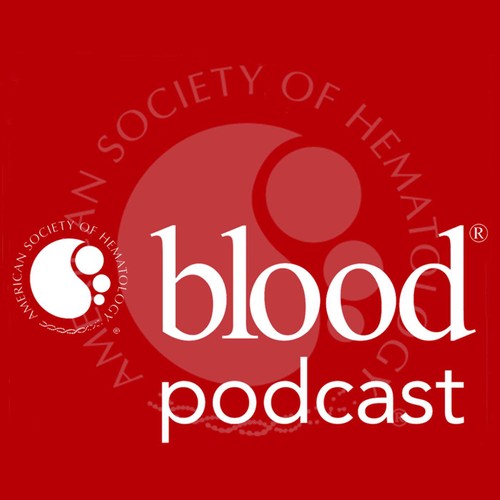
 Blood Podcast
Blood Podcast Exogenous CD19 stimulation in B-cell acute lymphoblastic leukemia treated with CD19 CAR T-cell therapy, sequential rapid immune-assay in heparin-induced thrombocytopenia diagnosis, and new survival prediction models for chronic myelomonocytic leukemia
Aug 19, 2025
Explore the impact of exogenous CD19 stimulation on CAR T-cell persistence in treating B-cell acute lymphoblastic leukemia. Discover innovative rapid immune assays that enhance the diagnosis of heparin-induced thrombocytopenia, making recognition quicker and more reliable. Delve into new survival prediction models for chronic myelomonocytic leukemia, which integrate clinical data and genetic factors to refine patient selection for stem cell transplants, ultimately improving outcomes.
AI Snips
Chapters
Transcript
Episode notes
SCRI CAR-19 Shows Strong Initial Responses
- SCRI CAR-19 produced high MRD-negative CR rates but long-term remissions were limited in many patients.
- Low pre-treatment disease burden strongly predicted superior leukemia-free survival at 1 and 2 years.
CD19 TAPCs Reduce Early CAR T-Cell Loss
- Exogenous CD19 TAPCs reduced early CAR T-cell contraction and six-month CAR T-cell loss compared with historical PLAT-2 patients.
- TAPC infusions were safe and didn’t cause CRS or neurotoxicity in this pilot cohort.
Study TAPCs Further Before Routine Use
- Consider further investigation of exogenous antigen infusions to prolong CAR T-cell persistence in trials before clinical adoption.
- Prioritize optimizing dose and timing since PLAT-3 was a pilot not designed for definitive comparison.
